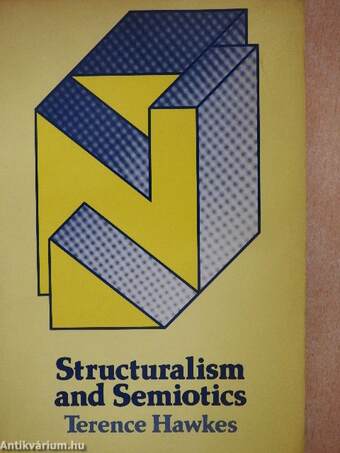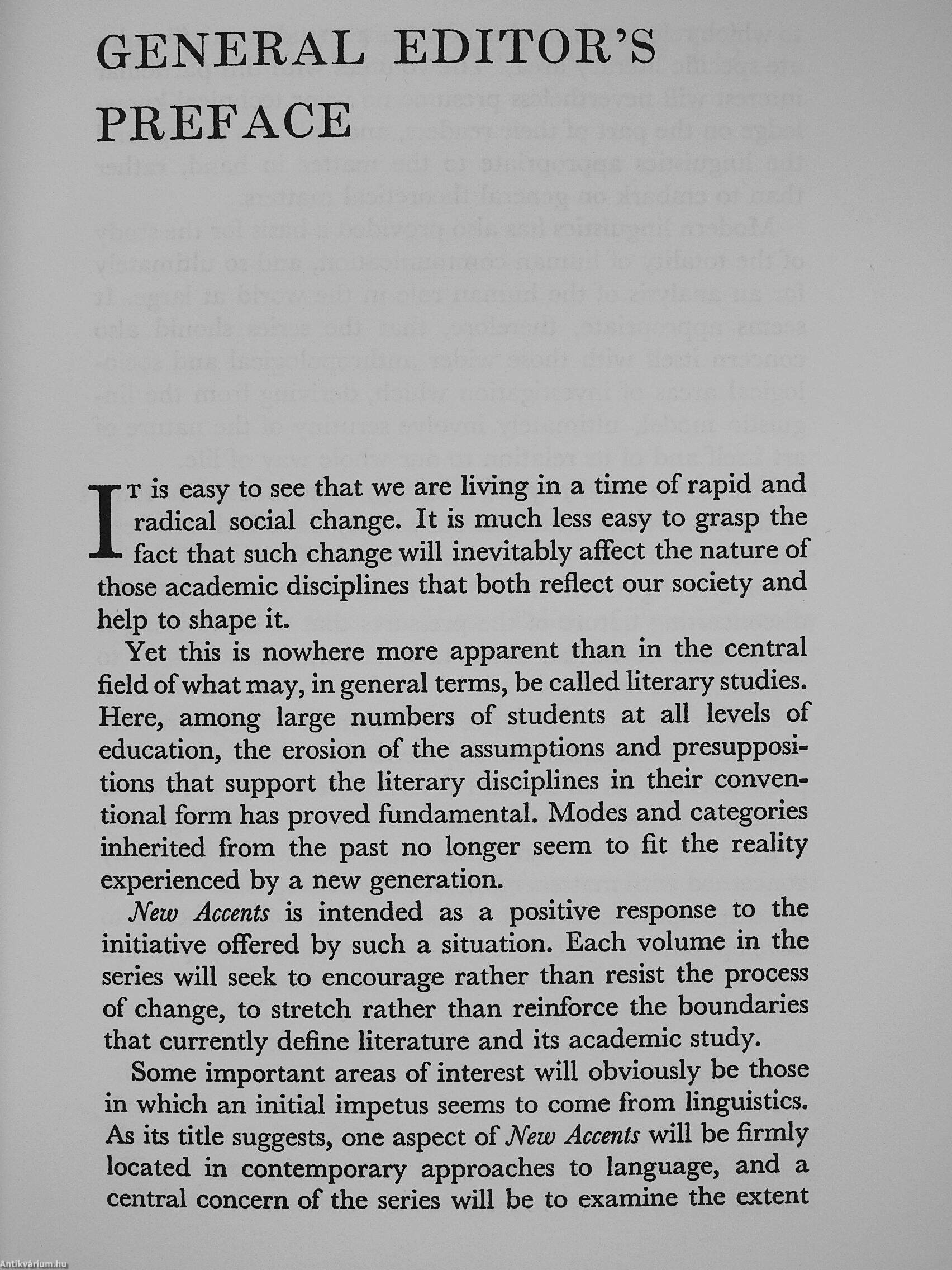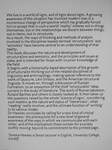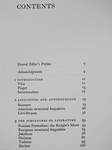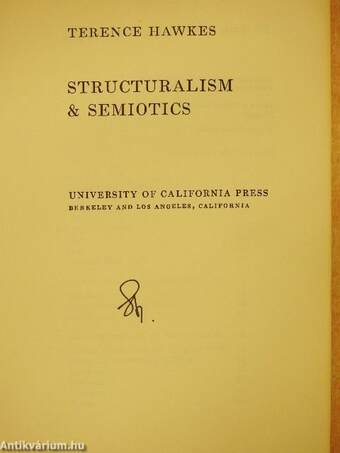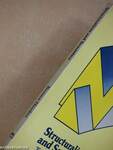1.061.462
kiadvánnyal nyújtjuk Magyarország legnagyobb antikvár könyv-kínálatát

VISSZA
A TETEJÉRE
JAVASLATOKÉszre-
vételek
Structuralism & Semiotics
| Kiadó: | University of California Press |
|---|---|
| Kiadás helye: | Berkeley-Los Angeles |
| Kiadás éve: | |
| Kötés típusa: | Ragasztott papírkötés |
| Oldalszám: | 192 oldal |
| Sorozatcím: | New Accents |
| Kötetszám: | |
| Nyelv: | Angol |
| Méret: | 20 cm x 14 cm |
| ISBN: | 0-520-03422-8 |
naponta értesítjük a beérkező friss
kiadványokról
naponta értesítjük a beérkező friss
kiadványokról
Előszó
TovábbFülszöveg
We live in a world of signs, and of signs about signs. A growing awareness of this situation has involved modern man in a momentous change of perspective which has gradually forced him to accept that in such a world 'reality' inheres not in things themselves, but in the relationships we discern between things; not in items, but in structures.
As a result, the ways of thinking and methods of analysis involved in the disciplines loosely termed 'structuralism' and 'semiotics' have become central to an understanding of that reality.
This book discusses the nature and development of structuralism and semiotics, and the principles and issues at stake, and is intended for those with no prior knowledge of the field.
It begins with a historically-based description of the growth of structuralist thinking out of the related disciplines of linguistics and anthropology, making special reference to the work of Saussure, Lévi-Strauss, and the American structural linguists. It moves on,... Tovább
Fülszöveg
We live in a world of signs, and of signs about signs. A growing awareness of this situation has involved modern man in a momentous change of perspective which has gradually forced him to accept that in such a world 'reality' inheres not in things themselves, but in the relationships we discern between things; not in items, but in structures.
As a result, the ways of thinking and methods of analysis involved in the disciplines loosely termed 'structuralism' and 'semiotics' have become central to an understanding of that reality.
This book discusses the nature and development of structuralism and semiotics, and the principles and issues at stake, and is intended for those with no prior knowledge of the field.
It begins with a historically-based description of the growth of structuralist thinking out of the related disciplines of linguistics and anthropology, making special reference to the work of Saussure, Lévi-Strauss, and the American structural linguists. It moves on, through a discussion of Russian Formalism, to an exposition of the chief 'structuralist' ideas current in the study of literature. The work of Roman Jakobson, Roland Barthes and others is closely looked at. It then takes up the questions raised by the whole 'science of signs', considering such matters as the nature and status of 'literariness', what 'reading' really involves, and the ultimate function of'writing' in its various modes.
Dr Hawkes concludes by calling for a new kind of critical awareness : the prerequisite for a new level of general awareness of the ways in which we communicate with each other, and of the implications these contain for a society swiftly moving beyond its commitment to the printed page.
Terence Hawkes is Senior Lecturer in English, University College, Cardiff. Vissza
Témakörök
- Idegennyelv > Idegennyelvű könyvek > Angol > Irodalomtörténet
- Idegennyelv > Idegennyelvű könyvek > Angol > Nyelvészet
- Nyelvészet > Kommunikáció > Szemiotika
- Nyelvészet > Nyelvművelés > Nyelvhasználat
- Nyelvészet > Egyéb
- Irodalomtörténet > Irodalomtudomány > Tanulmány, tanulmánykötet
- Irodalomtörténet > Irodalomelmélet > Filológia
- Szociológia > Története > Irányzatok, elméletek
- Szociológia > Szakszociológiák
- Idegennyelv > Idegennyelvű könyvek > Angol > Szociológia > Szakszociológiák
- Idegennyelv > Idegennyelvű könyvek > Angol > Szociológia > Története > Irányzatok, elméletek



